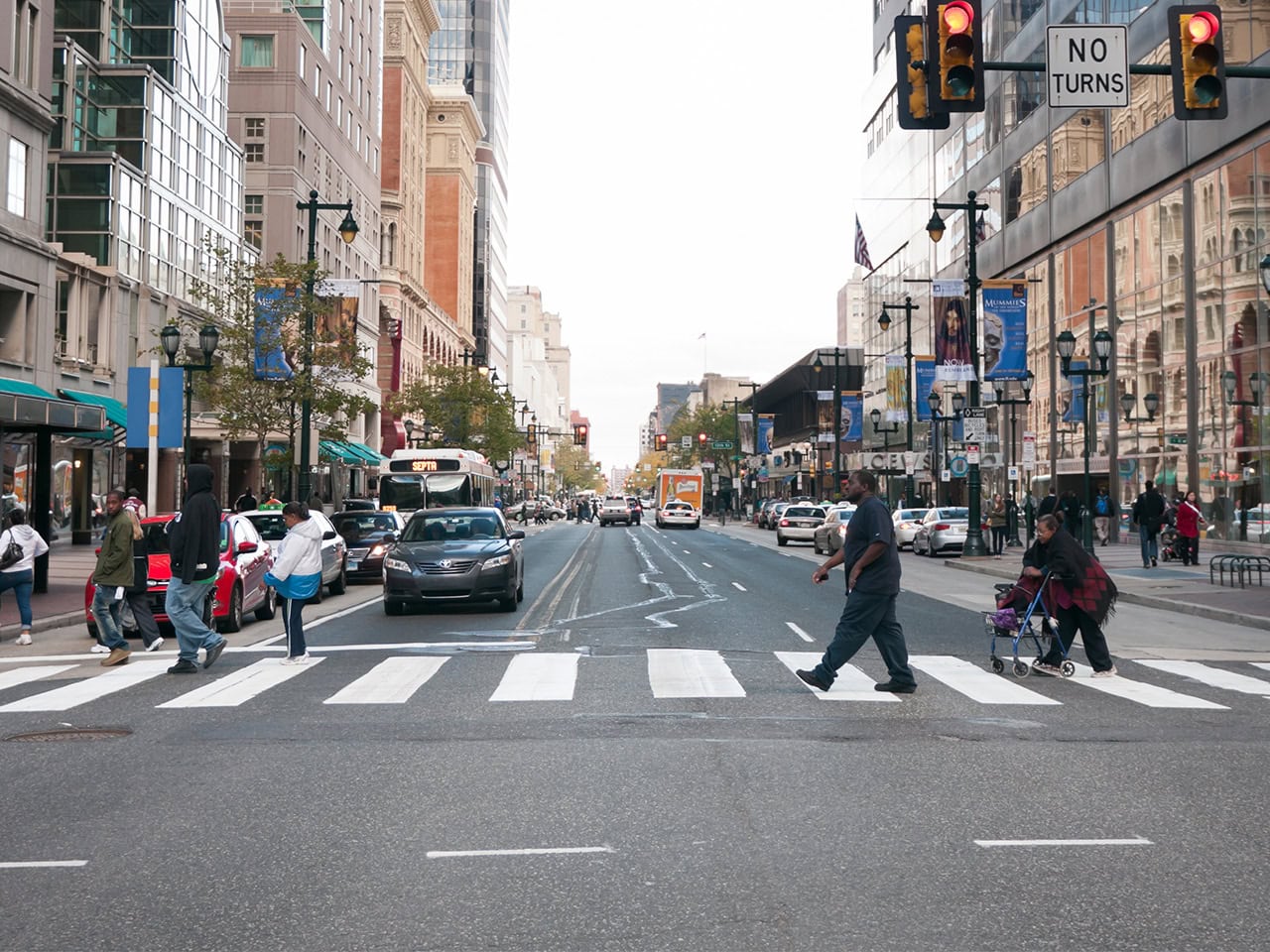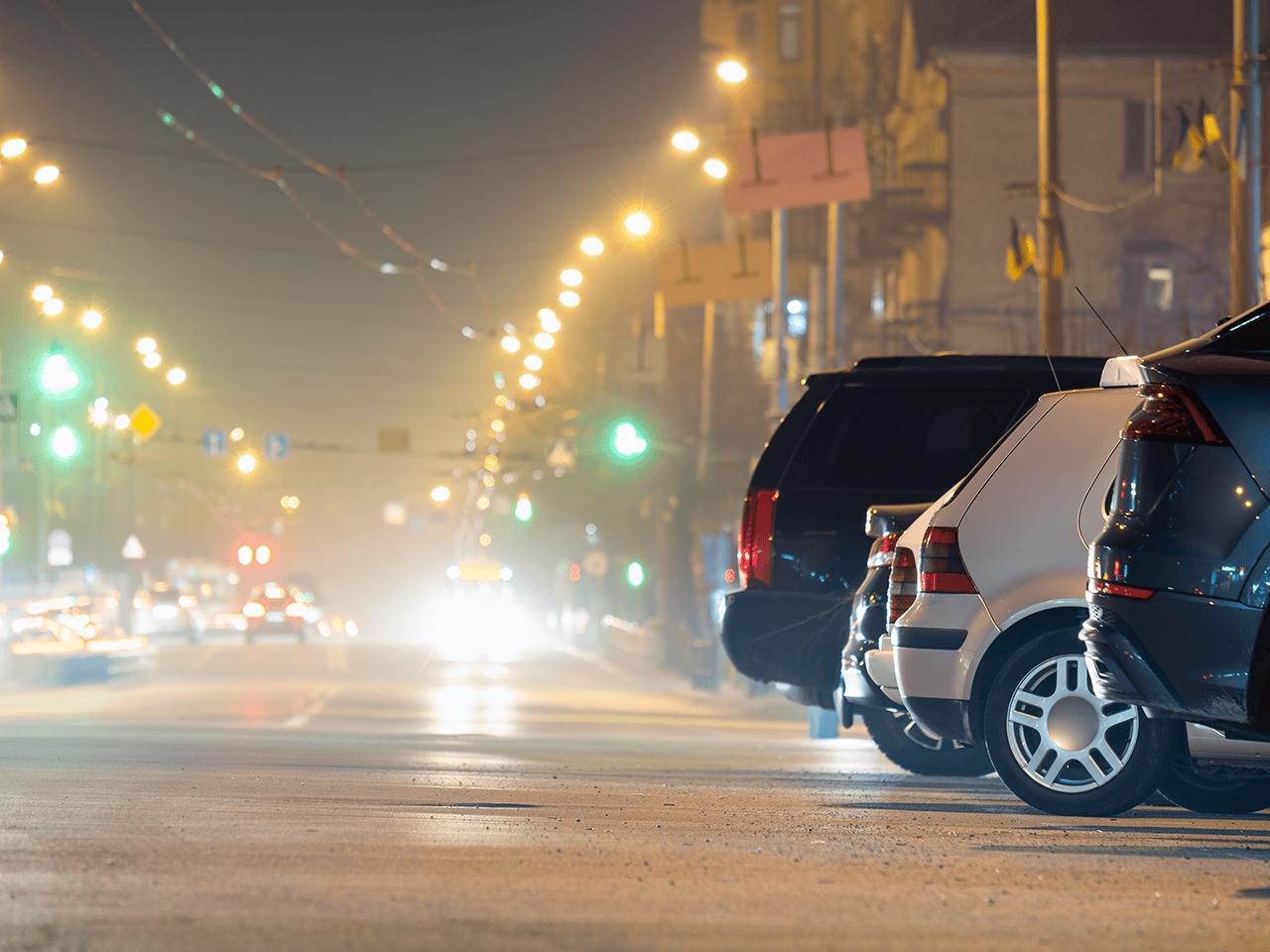Common injuries suffered in rideshare accidents can vary depending on the severity of the accident and the specific circumstances. However, some typical injuries include:
Whiplash. Whiplash is a common injury in rear-end collisions, where the sudden impact causes the neck to snap forward and backward rapidly. This can result in neck pain, stiffness, and reduced mobility.
Head injuries. Head injuries, including concussions and traumatic brain injuries, can occur if a passenger's head strikes the interior of the vehicle or if they are hit by flying objects during the accident.
Back injuries. The force of a collision can cause back injuries, such as herniated discs, spinal cord injuries, and muscle strains.
Broken bones. Fractures and broken bones are common in car accidents, particularly if the impact is significant. Commonly fractured bones include the arms, legs, ribs, and collarbones.
Soft tissue injuries. Soft tissue injuries, such as sprains, strains, and contusions, can occur due to the sudden jolts and movements during a collision.
Internal injuries. Internal injuries, such as organ damage or internal bleeding, may occur even without obvious external signs. These injuries can be life-threatening and require immediate medical attention.
Psychological trauma. Being involved in a car accident can be a traumatic experience, leading to emotional distress, anxiety, and post-traumatic stress disorder (PTSD).
It's essential to seek medical attention after a rideshare accident, even if you don't immediately feel injured. Some injuries may not be apparent right away, and prompt medical evaluation can help identify and treat any underlying issues. Additionally, documenting your injuries and receiving appropriate medical care is crucial for any insurance claims or legal proceedings.
Rideshare accidents can occur due to various forms of negligence, including:
Driver negligence. This includes actions like speeding, reckless driving, distracted driving (e.g., texting while driving), driving under the influence of alcohol or drugs, or disobeying traffic laws.
Fatigue. If the driver is excessively tired or has been driving for long hours without adequate rest, it can impair their judgment and reaction times, increasing the risk of accidents.
Vehicle maintenance issues. Neglecting to maintain the vehicle properly, such as failing to check brakes, tires, or other crucial components, can lead to mechanical failures and accidents.
Inadequate background checks. If the rideshare company fails to conduct thorough background checks on drivers, it could lead to hiring individuals with poor driving records or a history of accidents.
Poor training. Inadequate training of drivers by the rideshare company can result in drivers lacking the necessary skills to handle various driving situations safely.
Negligence in safety policies. Rideshare companies have a duty to implement and enforce safety policies and procedures. Failure to do so, such as not enforcing seatbelt use or allowing drivers with a history of safety violations to continue operating, can contribute to accidents.
Poor road conditions. While not directly caused by the rideshare driver or company, accidents can still occur due to poor road conditions, such as poorly maintained roads or inadequate signage, especially if the driver fails to adjust their driving behavior accordingly.
Each of these forms of negligence can contribute to rideshare accidents, highlighting the importance of both driver responsibility and company policies in ensuring passenger safety.







